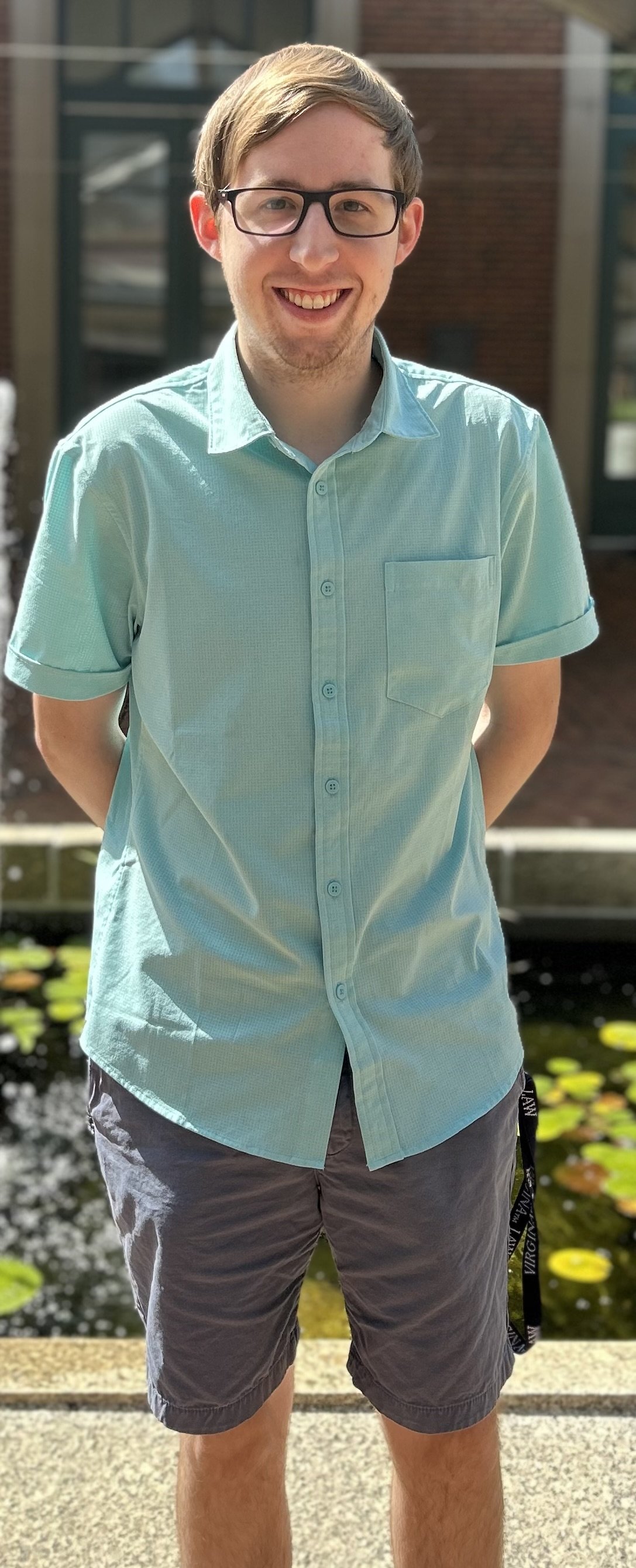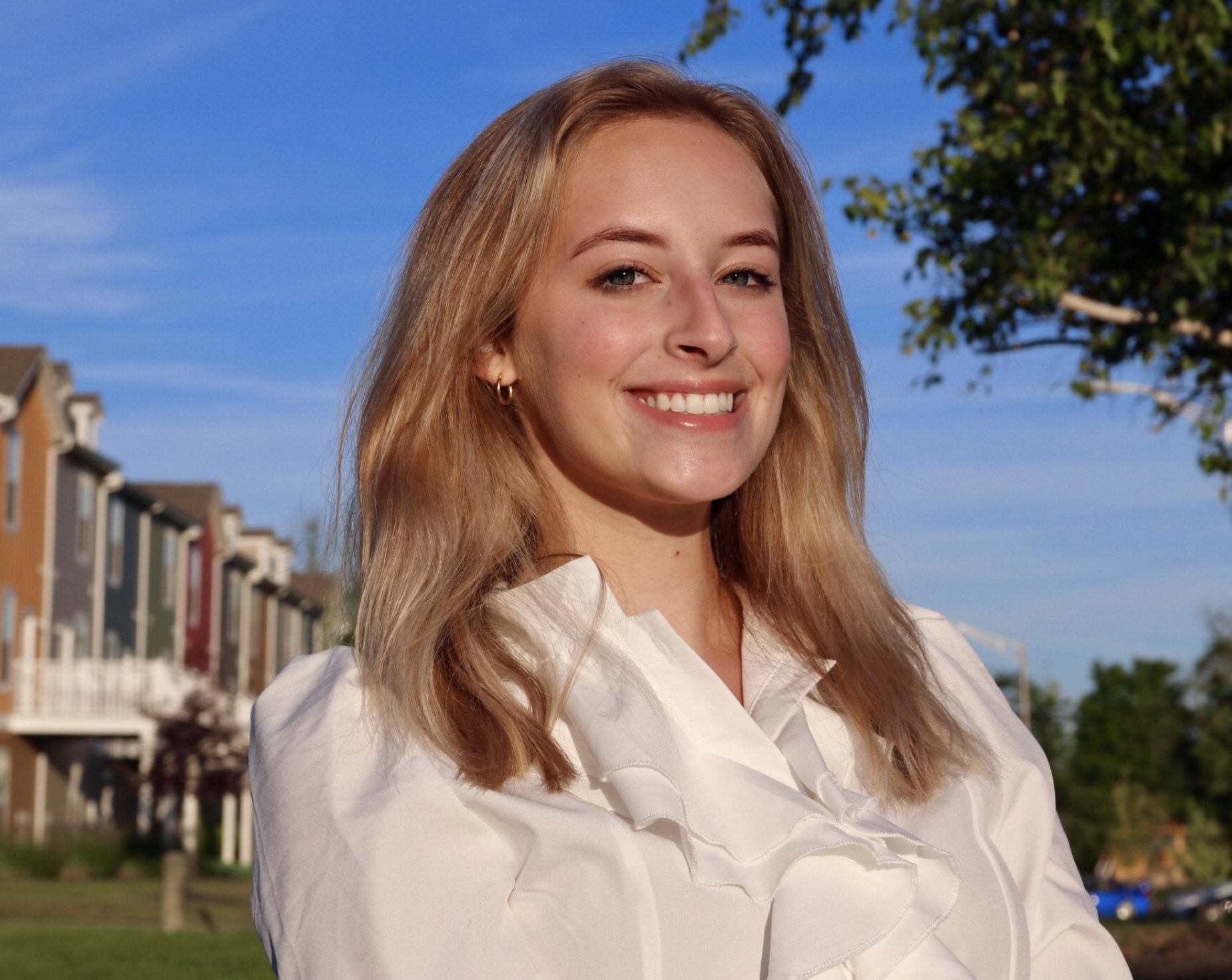Students Attempting Leap-Year Ironman (SALYI)
v.
Class Trips During February
76 U.Va 14 (2024)
Allen, J., delivers the opinion of the court
Petitioners are current students torn between two worlds—that of the gunner and that of the partier. Specifically, these students come to this Court seeking injunctive relief preventing their clinics and classes from conducting trips scheduled to occur during the month of February, so as to accommodate their attempt to “ironman” by attending all Feb Club events, as well as seeking to prevent any professors or administration officials from scheduling any such events in future Februarys.[1] Because this Court is compelled to uphold the collegial atmosphere for which the Law School is renowned, we shall accordingly GRANT Petitioner’s application for a preliminary injunction.
Petitioners come before this Court as a class—though they differ in class-year and course enrollment, all share a desire to seek ironman status, a goal which they claim will be stymied by commitments for class trips. Accordingly, they seek relief before this tribunal to prevent such irreparable injury which would occur without our intercession. Because ironman status demands attendance throughout the month, and cannot be acquired retrospectively, any breaking of their streak would represent an irreparable injury to the Petitioners. Their claim is strengthened by the fact that, as a leap year, ironman bragging rights for this year are both unique and unattainable for any current students who miss out on the opportunity.
Having established sufficient injury, we must then balance the equities and harms between the public and parties, as well as Petitioners’ likelihood of success on the merits. The equities clearly militate towards the students, as any harm from the inability to attend trips would be suffered primarily by Petitioners themselves, while a generalized inability of students to attend Feb Club events threatens the entire Law School community.[2]
As to likelihood of ultimate success on the merits, Petitioners’ argument that the scheduling represents a cruel and unusual punishment in violation of the Eighth Amendment is unavailing—characterization of such trips as a punishment is doubtful, and regardless cannot be unusual as field trips have a long pedigree from the founding.[3]However, Petitioners’ argument from reliance is persuasive. Petitioners, like many others, chose to attend UVA in part due to its collegial nature, embodied in part by such social activities as Feb Club. Disallowing their participation would be unfair, as Petitioners reasonably relied upon representations that the Law School is “No. 1 in Quality of Life.”[4]
Respondents rest chiefly upon their assertion that the relief sought by Petitioners is beyond the bounds of this Court to grant, invoking various precedents on injunctive power and standards. While well-grounded in lofty theory and case law, Respondents falter in mistaking our limited subject-matter jurisdiction for inferiority. This Court is supreme and unaccountable within our domain, and thus enjoys the authority to issue any judgements which are necessary for the vindication of petty rights, as all rights must have an appropriate remedy.
In light of the foregoing considerations (and despite the deep misgivings this Justice has in siding with Petitioners), this Court is persuaded that compelling students to attend trips during the month of February would impermissibly intrude upon their rights. Accordingly, the administration shall either allow any student still actively engaged in ironmanning to miss said events without any prejudice to their grade, or alternatively reschedule said events for no earlier than March 1. While the Court expects this ruling to have little impact on 1Ls, none of whom are among the group before us, the Court writes to clarify that to the extent any 1L claims entitlements under this ruling they shall be disqualified from joining the class, in line with our longstanding line of precedent establishing their ineligibility to relief.
So ordered.
J. Sandu, concurring in the judgment.
I concur that an injunction is proper in this case. However, I disagree with J. Allen’s assessment that ironman rights “cannot be acquired retrospectively.” Given that 2024 is a leap year, I would propose this Court craft a remedy whereby those students who missed a Feb Club event be permitted to make up their Ironman time with an equivalent amount of partying on February 29.
Rice, J., concurring.
I agree with the majority that an inability to attend Feb Club events harms the Law School community and, further, that the inability to ironman successfully imposes direct harm on each individual claimant via deprivation of bragging rights and eternal glory. However, I disagree with the remedy provided and thus am unable to join in that part of the opinion.
It seems to me that a balance of the equities involved reveals a superior solution to the one the majority has adopted. Rather than providing for students to miss trips or events that conflict with ironmanning or rescheduling the events, I would grant an injunction requiring SBA to allow those students who miss a Feb Club party for a sanctioned school activity to achieve ironman status by providing a receipt that proves that they consumed an alcoholic beverage while out of town on the date in question.
Indeed, a similar remedy has been successfully employed in Penn State Café 210 West’s “55 Days of Café” competition which provides, “Out-of-town absences can be excused with a receipt showing a food or beverage item from a bar or restaurant outside of [Penn State’s immediate area].”[5]
By my estimate, this is the appropriate remedy as it furthers the interests of all parties involved—the administration’s interest in having more students available to attend their events and the student body’s significant interest in drinking more heavily and more frequently.
Allard, J., dissenting.
The majority today holds that students have a right to attend Feb Club events that supersedes their scholarly obligations. In doing so, the Court fails to follow its obligations under the canon of uncomical avoidance. This Court has consistently acknowledged that one of the funniest dispositions of a case is to acknowledge a claimant’s injury but refuse to grant relief.[6] And as astute readers will notice, this Kafka-esque approach to law also finds support in recent U.S. Supreme Court precedents. I would thus hold that those crazy students that wish to acironman all Feb Club events have a right to do so, but that their rights are unenforceable without enabling legislation enacted by the very Professors against whom they brought suit.
[1] Some have accused this Court of conflicts of interest in their dual roles as students and justices. Though we have consistently denied any legitimacy to such arguments, as this Court abides by the same high ethical standards enjoyed by illustrious members of the Supreme Court, this Justice would like to dispel such accusations by clarifying that they neither have attended any Feb Club events nor have any of their courses been so kind as to offer field trips.
[2] It has been suggested that the inability of Petitioners to attend Feb Club events would actually benefit the greater Law School community, insofar as they are annoying gunners. While this may be true, Equal Protection concerns command us to treat them as any other member of the student body in assessing their claim.
[3] Grand Tours, instilling education by traveling through Europe, were a well-established upper-class rite of passage. Some have characterized Thomas Jefferson’s time in France as a diplomat from 1784–89 as a field trip.
[4] https://www.law.virginia.edu/facts-and-stats/overview.
[5] http://www.cafe210.net/55-days.html.
[6] Virginia Law Review v. Virginia Journal of International Law, 76 U.Va 3 (2023).











